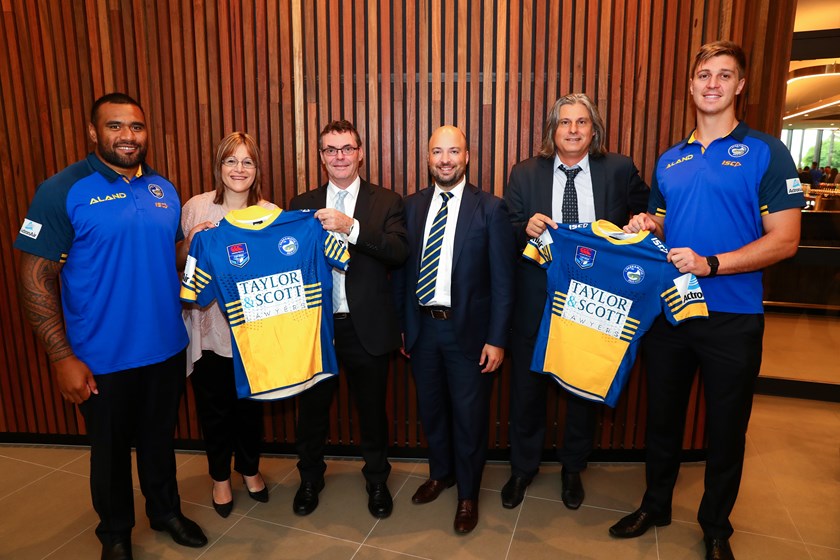
Becoming a grandparent is a joyous occasion filled with excitement. Meeting their grandchild for the first time is a moment that many grandparents won’t forget. Unfortunately relationships between grandparents, their adult children or partners, and consequently their grandchildren are not always easy.
While some grandparents are afforded every opportunity to bond with their grandchildren, there are those who are denied access to them. This commonly occurs when there is a relationship breakdown between the child’s parents, but can also occur when the relationship between grandparents and parents breaks down. These situations can leave grandparents wondering what rights, if any, they have when it comes to their grandchildren.
What does the law say?
Under the law, grandparents do not have an automatic right to see their grandchildren or enjoy a relationship with them. However, issues surrounding those who are significant to a child’s care, other than parents, are dealt with in the Family Law Act 1975. Grandparents are specifically mentioned under Section 60B of the Family Law Act which says ‘children have a right to spend time on a regular basis with, and communicate on a regular basis with, both their parents and other people significant to their care, welfare and development (such as grandparents and other relatives)’.
This presents a legal avenue for grandparents to pursue a relationship with their grandchildren.
Taking action
Based on this principle, grandparents can apply for court orders that allow them to communicate with their grandchildren and physically spend time with them. In some cases a grandparent or grandparents may even apply to have the child live with them.
If the grandchild’s parents are divorced or separated, and the parents agree on time spent with grandparents, then arrangements with grandparents can be included in a written agreement called a parenting plan. This sets out the arrangements for children including where they live and who they spend time with.
If parents cannot agree on a parenting plan then a court will devise a plan for them known as parenting orders in which communication and spend time with arrangements can be formalised.
Where parents and grandparents cannot agree on time spent with grandchildren, grandparents may also apply in court for parenting orders, regardless of whether the parents are together or separated. This may occur where a grandchild has previously been in the primary care of grandparents and a parent, or parents, return to take the child back into their care.
The Family Law Act requires families to partake in dispute resolution before any action is taken in court. Dispute resolution involves meeting with a trained professional who will assist families to try and find a solution. If successful, a parenting plan can be written up, but failing this the matter can proceed in court. There are exceptions to this rule, for example, where there is family violence or a solution needs to be made quickly. In these cases the matter may proceed straight to court without the need for mediation.
How does a court decide?
When deciding if a grandparent should see their grandchildren, a court will always make a decision based on the child’s best interests. Primary considerations include a child’s relationship with their parents and protection from harm.
When it comes to grandparents, the court will look at the child’s relationship with their grandparents and their capacity to provide. Assessment of a grandparent’s capacity to provide will look at the health, age and financial circumstances of grandparents.
Other considerations include the child’s views (weight is given based on their age), existence of family violence and the practicalities of enabling time and communication between a child and parent or grandparents.
Get legal advice
If your child and/or their partner are denying you contact with your grandchildren you should always seek legal advice first. Family law can be complex and every situation is different.
An experienced family lawyer can examine your particular case and circumstance and offer advice on the best course of action. At Taylor & Scott Lawyers the solution driven family law team brings years of experience and understanding to help resolve your case quickly and efficiently. Arrange an appointment to discuss your situation using our online contact form or call 1800 600 664.
At Taylor & Scott “We Care For You”.


